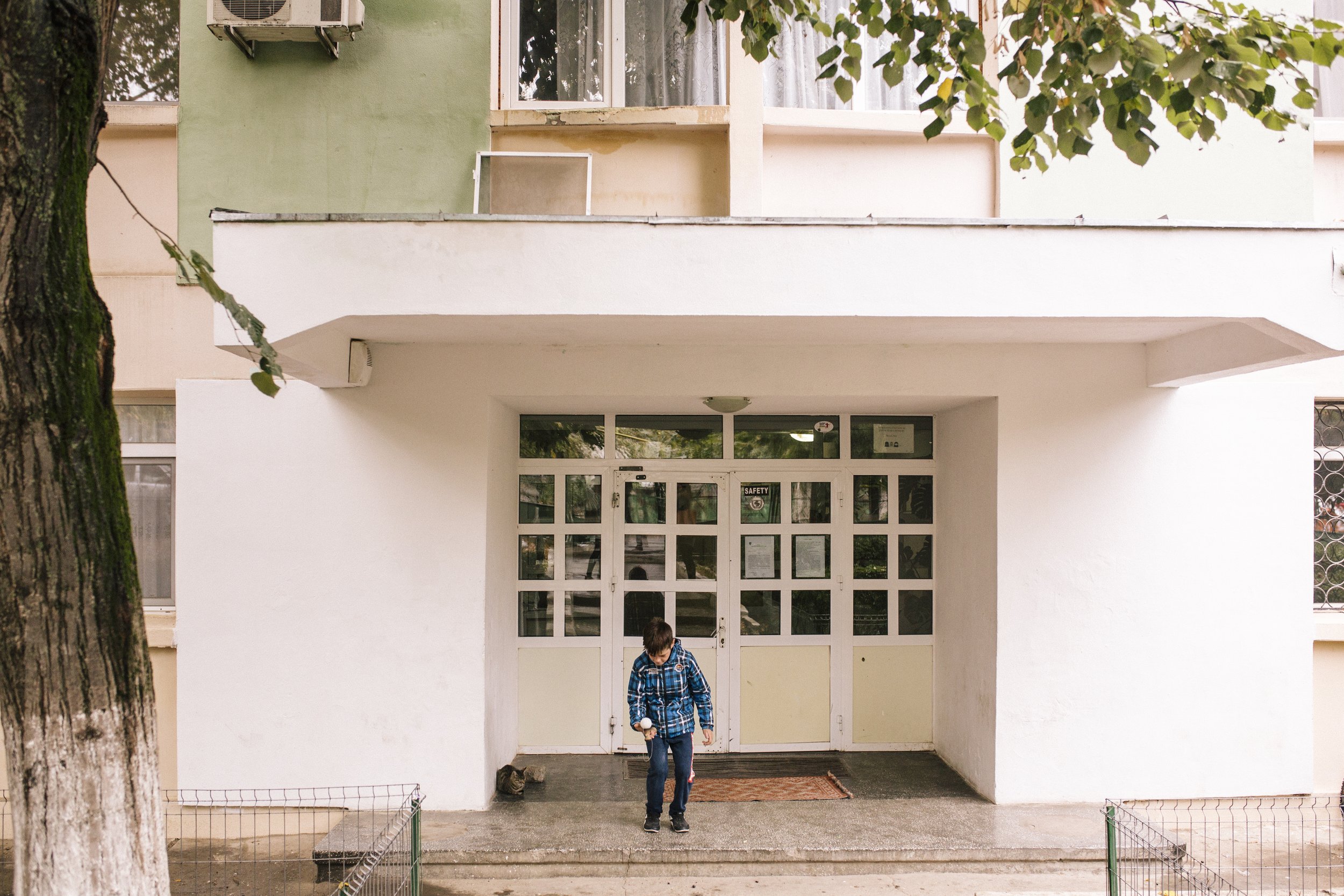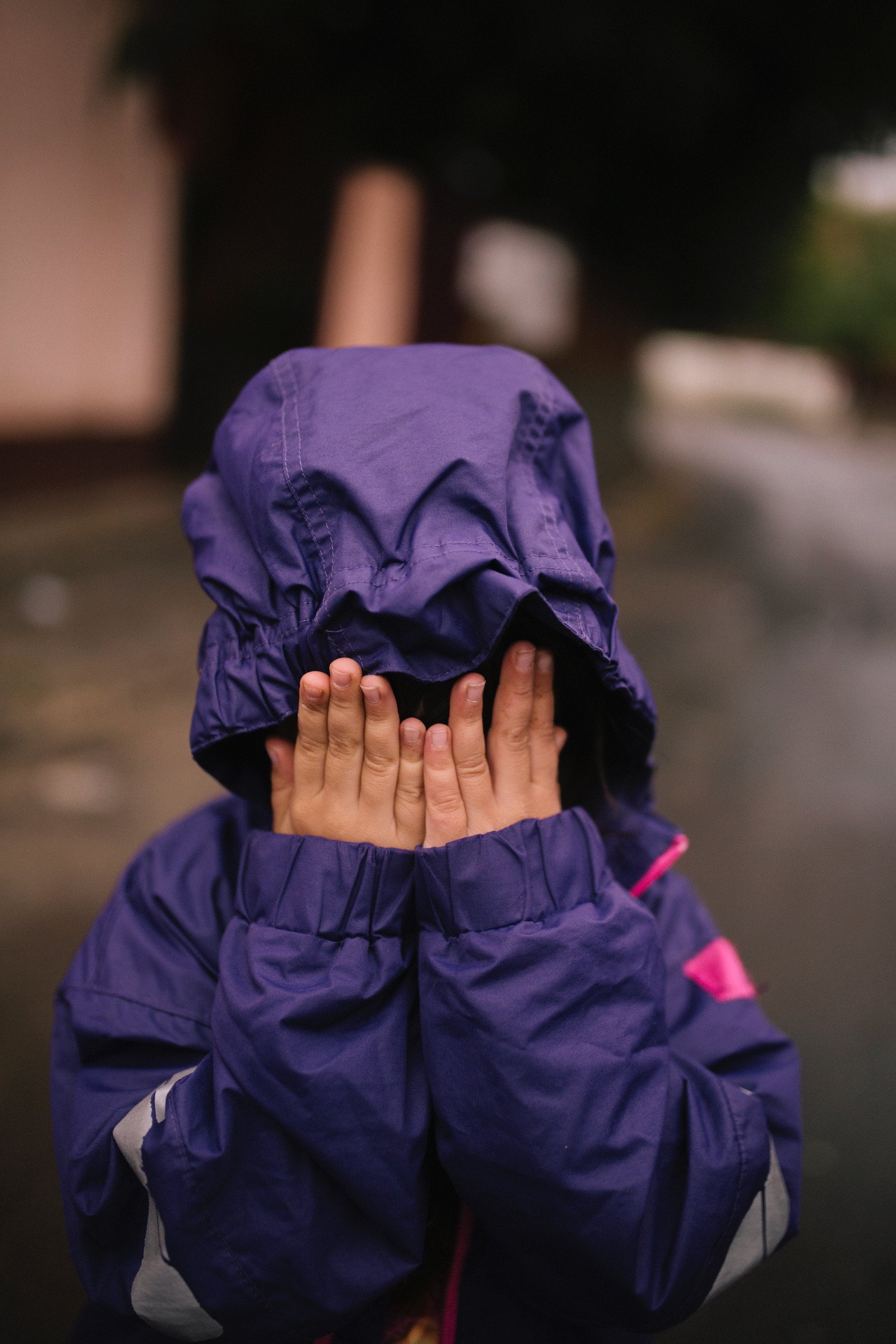Vulnerability in the Context of Human Trafficking
Vulnerability refers to the heightened risk of being harmed, exploited, or manipulated due to specific circumstances or conditions. When it comes to human trafficking and exploitation, children who experience adverse conditions such as abuse, neglect, poverty, and unstable family environments are significantly more vulnerable. These children are more likely to fall prey to traffickers and exploiters who seek to take advantage of their emotional, psychological, and social state.
The Link Between Childhood Trauma and Vulnerability
Childhood trauma encompasses a range of adverse experiences, including physical, emotional, and sexual abuse, neglect, poverty, and instability in the home. These experiences, often referred to as Adverse Childhood Experiences (ACEs), have a profound impact on a child's development and well-being. Children who grow up in environments where their emotional and relational needs are unmet often struggle with feelings of worthlessness, insecurity, and a lack of trust in others. These unresolved emotions can lead to a host of negative outcomes later in life, making them prime targets for human traffickers and exploiters.
The Role of Adverse Childhood Experiences (ACEs)
Adverse Childhood Experiences (ACEs) are a crucial factor in understanding the link between childhood trauma and vulnerability to human trafficking. ACEs include experiences such as:
Physical, emotional, or sexual abuse
Emotional or physical neglect
Household dysfunction (e.g., domestic violence, substance abuse, mental illness, incarceration of a family member)
Parental separation or divorce
Research has shown that the more ACEs a child experiences, the higher their risk for negative outcomes later in life, including commercial sex work and sexual exploitation, substance abuse, and mental health issues.



